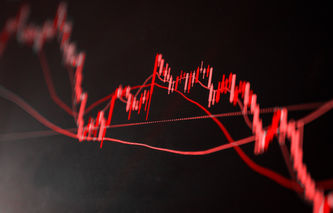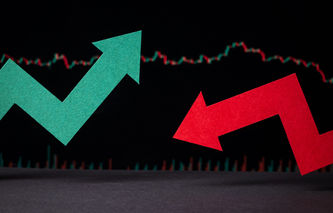Definition
The term economic bubble refers to a condition where the price of an asset moves into a range that significantly deviates from its fundamental value. Economic bubbles typically occur because of overly optimistic, or unrealistic, investor sentiment.
Explanation
Also known as a market bubble, an economic bubble is formed when investors hold unrealistic views of an asset's value. Typically associated with a financial market, such as the stock market, the term can also apply to economies, an individual security, or a specific business sector. An economic bubble's lifecycle occurs in two phases:
Bubble Formation: investors push the price of an asset upwards, well beyond its fundamental value.
Bubble Burst: investor confidence in, or sentiment towards, the asset wanes resulting in a rapid sell off of the asset and a corresponding drop in price.





